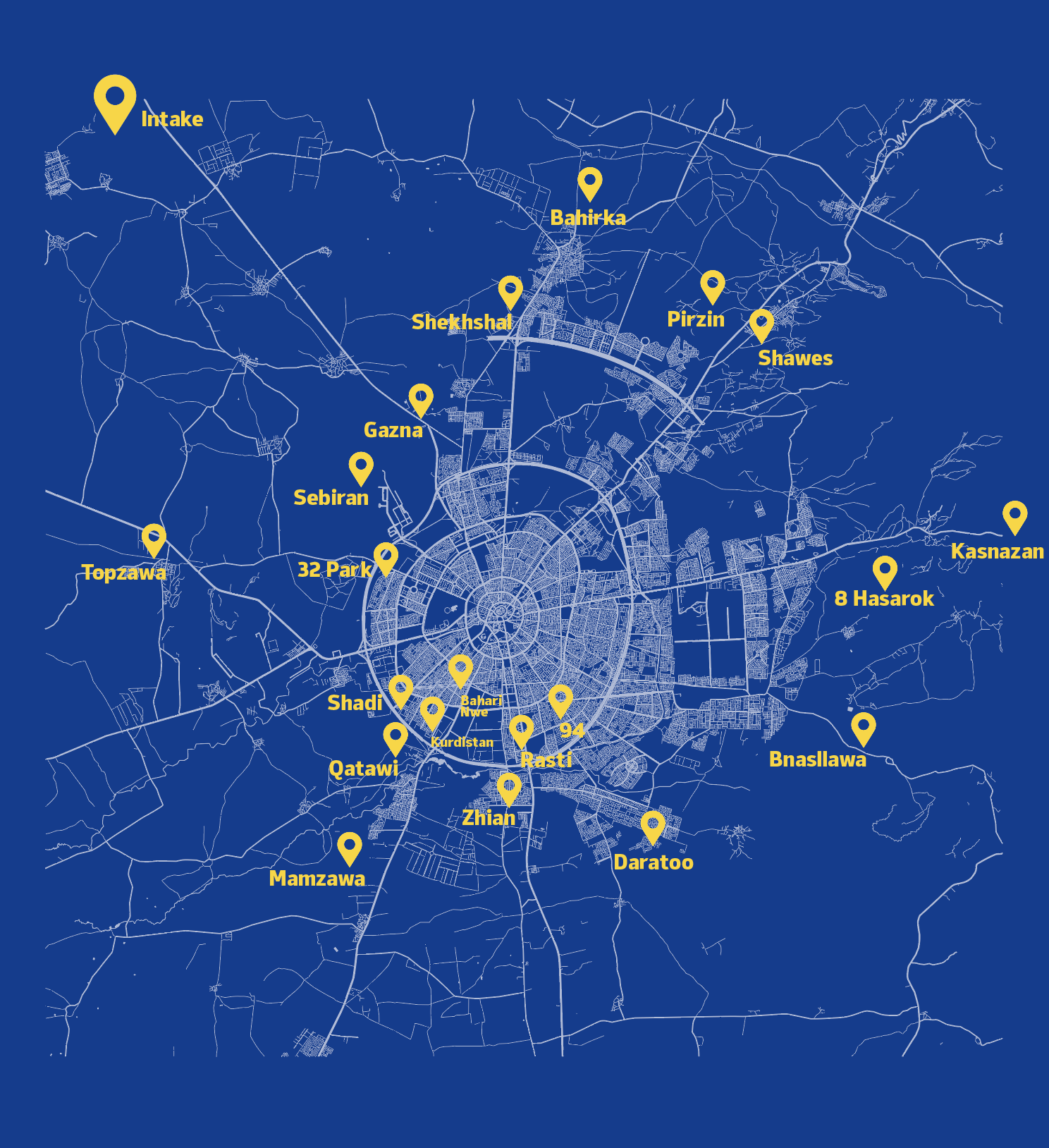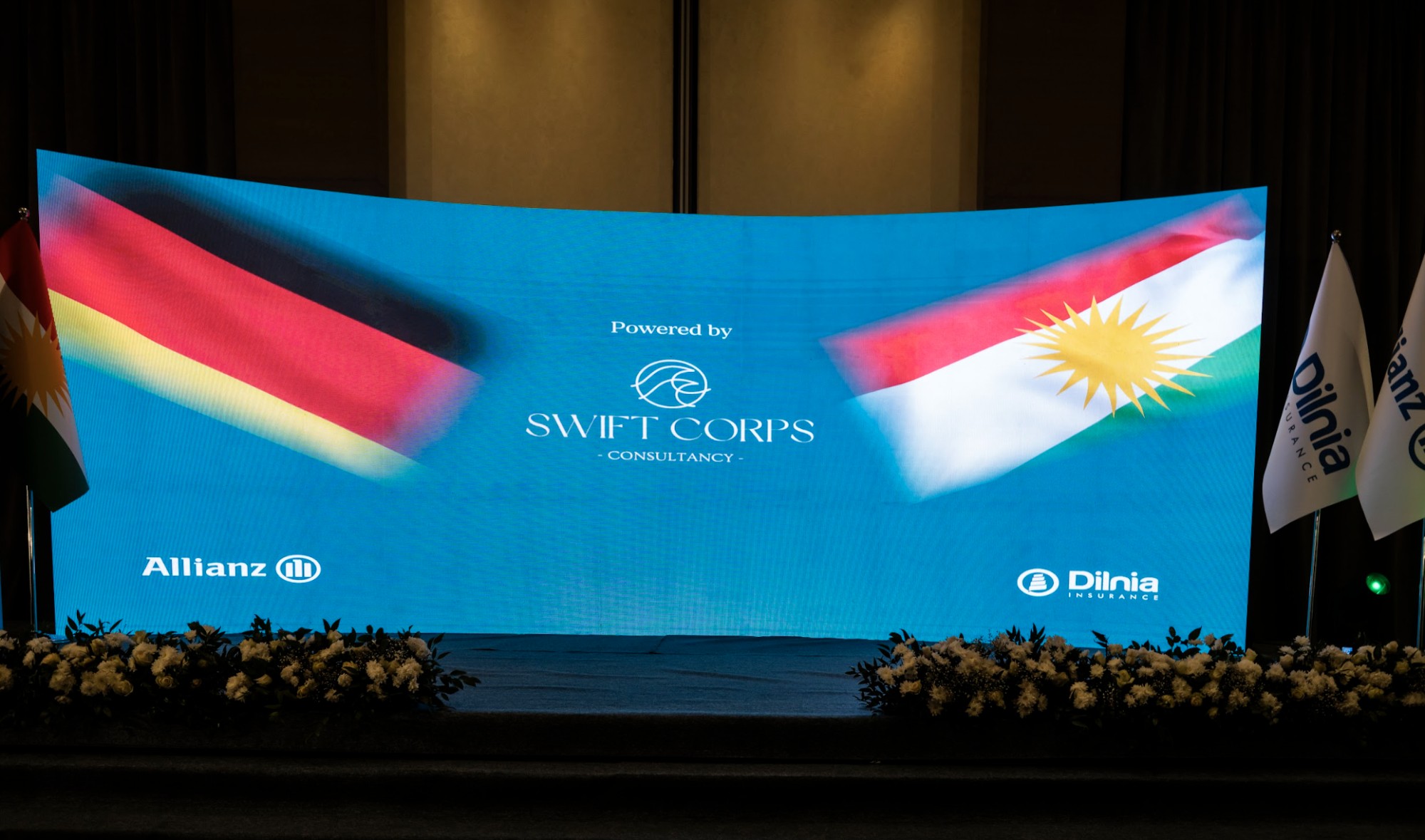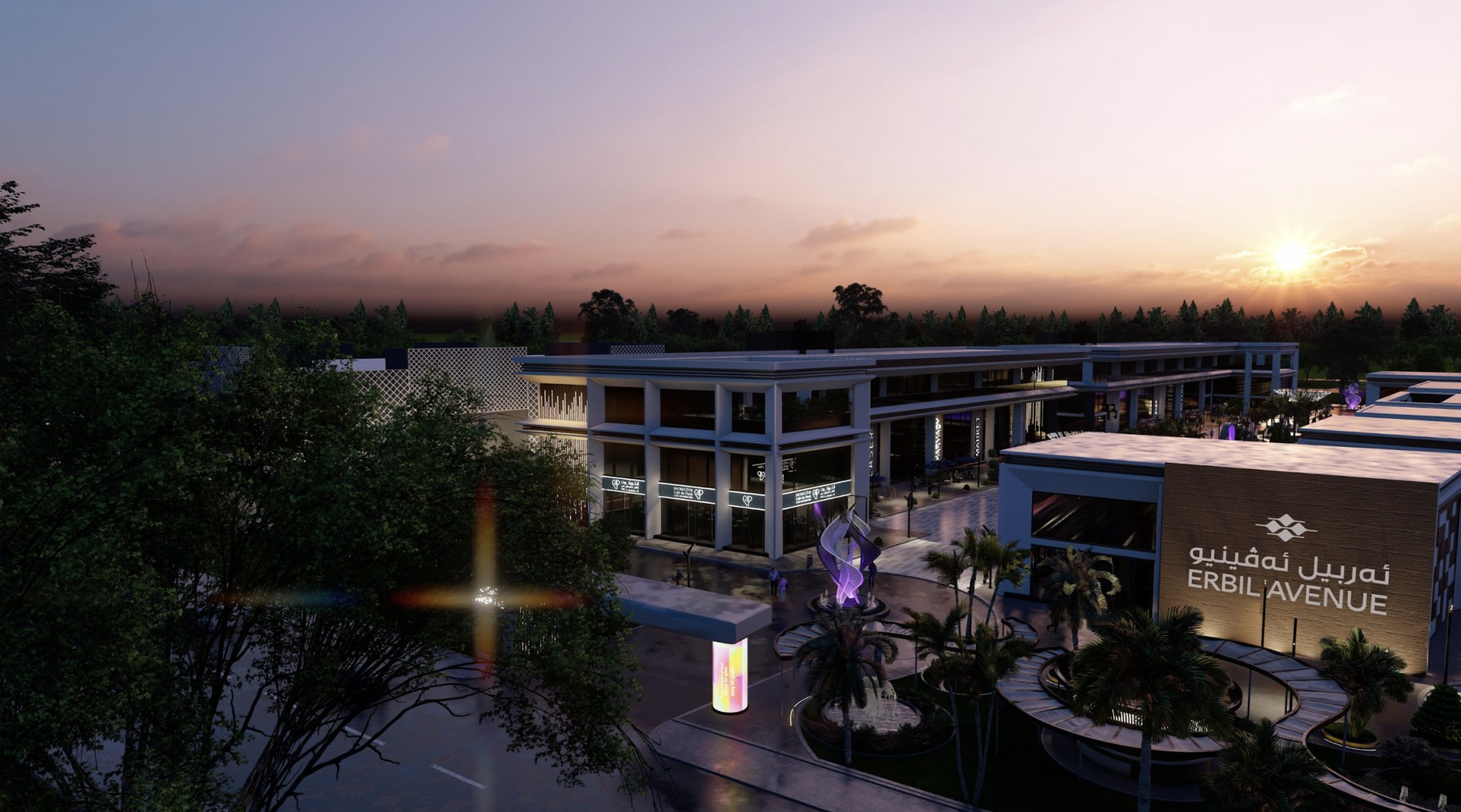Erbil’s long struggle with water scarcity may finally see a solution with the announcement of a massive project in September, bringing hope to the residents of the Kurdistan Region’s capital and reassuring environmentalists concerned about falling groundwater levels in the region.
On September 8, 2024, Kurdistan Regional Government (KRG) Prime Minister Masrour Barzani laid the foundation stone of the $480-million Erbil Emergency Water Supply Project. As the prime minister highlighted in his speech during the ceremony, the project aims to resolve Erbil's water supply shortage for at least the next 30 years.
Currently, three water treatment plants – Ifraz 1, Ifraz 2, and Ifraz 3 – supply drinking water to nearly one million residents in Erbil. Technical challenges, including river overflow and pipeline damage, have previously caused long and repeated water cuts, especially during the summer. This new project, according to the KRG, was planned after an international contractor failed to build a fourth water treatment plant to boost the supply volume.

Water demand for 1.5 million people
The Erbil Emergency Water Supply Project will channel water from the Great Zab River to a designated location on the outskirts of Erbil, where 480,000 cubic meters of water will be treated and pumped into the city network. This amount of potable water is said to be sufficient for 1.5 million people. In other words, the project will cover 60% of the capital city’s demand, while the remaining 40% will be met by the three preexisting water treatment plants.
With a storage capacity of 300,000 cubic meters, the new project will dispatch water through four different pipelines to at least 20 densely populated districts of Erbil.
“Once this project is ready, hundreds of water wells will be closed, which will help replenish groundwater levels,” Prime Minister Barzani said during the announcement of the project. “Meanwhile, I have asked for immediate action on water recycling in Erbil to combat environmental and groundwater pollution. The recycled water can be used to water green areas across the city.”

Water Management
The prime minister also touched upon the Ninth Cabinet’s strategic plan for water management. The cabinet has spearheaded the construction of several dams and reservoirs over the past few years to address climate change-driven water scarcity in the region.
The Erbil Emergency Water Supply Project, which is being implemented by Hemn Group, is set to be fully functional within 14 months. The contractor said 5,000 people will work on the project around the clock to prevent any delay in its timetable.
According to international studies, Iraq, including the Kurdistan Region, is considered the world’s fifth-most vulnerable country to climate change. While already struggling with many other challenges, the KRG says it is committed to immediate strategic actions to ease the impact of climate change.
Among these actions are building several new dams and dozens of reservoirs, tree-planting campaigns, controlling gas flaring, and developing advanced waste management programs. However, as the situation continues to worsen in central and south Iraq, the Kurdistan Region fears an influx of climate-driven migration toward the mountainous north.
Sardar Sattar is a translator and journalist based in the Kurdistan Region. He has translated several books and political literature into Kurdish and English. He writes regularly for local and international newspapers and journals.

